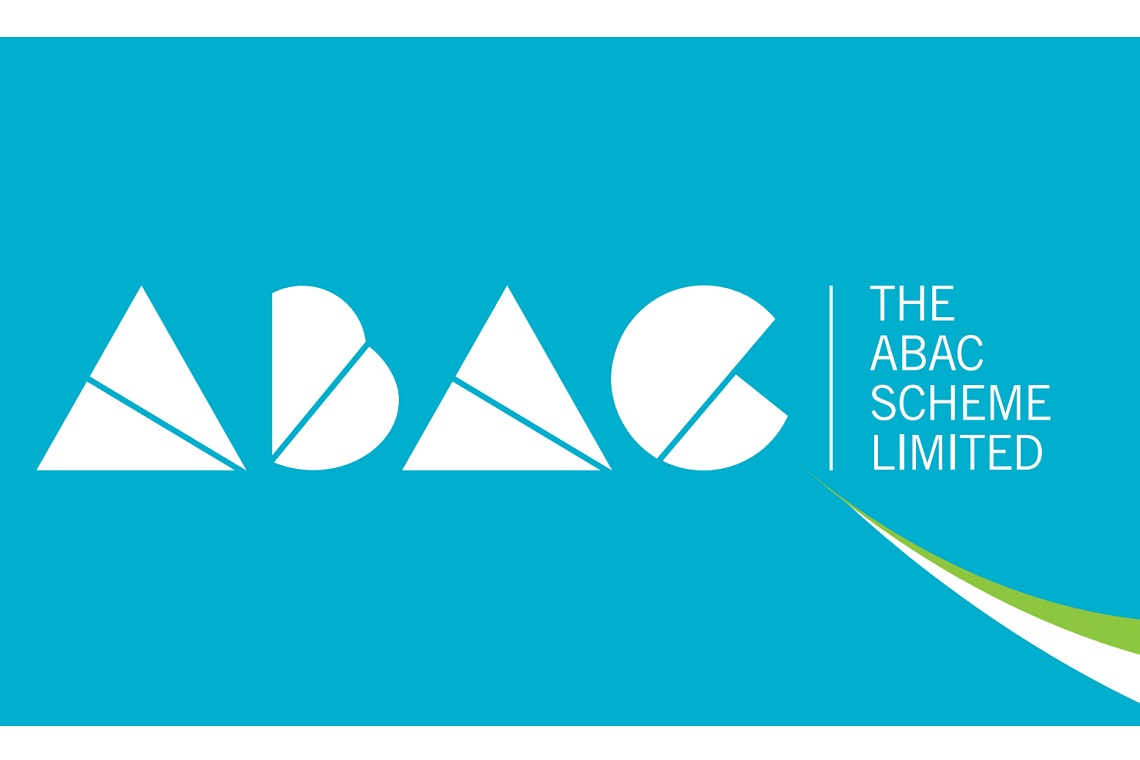The Alcohol Beverages Advertising Code (ABAC) has released its 2020 Annual Report, which details the activities undertaken by the ABAC team and adjudicators over the last year.
ABAC is the centrepiece of alcohol marketing regulation in Australia and was established to promote the marketing of alcohol beverages occurring responsibly and consistently with standards of good practice via regulation, education and advice.
ABAC Independent Chair, Harry Jenkins said that while the global COVID-19 pandemic disrupted many aspects of normal life in 2020, ABAC proceeded throughout it all, at record levels of activity.
“Whilst the ability to have face to face interaction when required was lost for large parts of the year, timeliness of decisions and actions continued,” Jenkins said.
“The public health measures responding to the pandemic saw the closing of licensed premises, a rise in activity of bottle shops/off licences and use of delivery services. The tight economic environment resulted in some producers arranging their own marketing without reference to the Code.
“After an initial spate of concern, greater compliance with Code requirements became apparent.”
Since it was established in 2004 alcohol marketing has changed in many ways, and as such ABAC has had to adapt and evolve in order to stay relevant and to maintain its four its four key standards of:
- Responsible and moderate portrayal of alcohol beverages
- Responsibility toward minors
- Responsible depiction of the effects of alcohol
- Alcohol and safety.
Jenkins added: “The task of education, training and awareness remained an ongoing priority. Work commenced on a series of training videos and an online training course released in early 2021. These will complement the annual webinar which had record participation.
“Tailored training provided to the Independent Brewers Association and a session at the Australian Distillers Association conference are examples of the willingness to pursue opportunities to increase the understanding of ABAC. The transparency and access to decisions on the website and the quarterly reporting of activity underscore the Scheme’s intent to inform and educate.”
Part of this evolution in 2020 also saw ABAC engage Youth Insight to provide observations to the ABAC Adjudication Panel and Pre-vetters on the themes, designs and imagery that 14-17 year-olds find strongly appealing and unappealing in product marketing.
In the report ABAC said: “This valuable work will assist ABAC Panelists and Pre-vetters in assessing alcohol marketing communications against the ABAC standard that requires alcohol marketing to not have strong or evident appeal to minors.
“It has also been used to update the ABAC Guidance Notes and Alcohol Packaging Compliance Guide (available on the ABAC website) to assist alcohol marketers to meet this standard.”
Chief Adjudicator, Professor The Hon Michael Lavarch AO, also commended the ABAC team on its work over the last year and its ongoing evolution.
He said: I’m pleased to report that the Adjudication Panel has coped well with the sharp increase in determinations in 2020, with all decisions being finalised within Scheme target timeframes. This is a tribute to the Panel’s very able support team of Jayne Taylor and Marilyn Hansford, the responsiveness of alcohol industry participants and the ability of Panel members to examine materials and attend to decision making duties in a timely fashion.
“With shifts occurring in the marketing environment, it is critical that the ABAC Scheme adapt and put its energies into work to enhance compliance with ABAC standards and ensure Scheme decision-makers are equipped to reflect community expectations as to responsible alcohol marketing. That’s why the initiative in 2020 to engage Youth Insight- a youth focussed research organisation- to provide advice on the kind of marketing that has strong appeal to minors was so important.
“Equally the expansion of training and education resources on the Code standards is a valuable addition to promoting a culture of compliance amongst alcohol marketers.
“Despite the challenges, 2020 was a strong year for the Adjudication Panel. I thank all involved for their cooperation and contribution to the Panel’s work.”
Jenkins also reminded alcohol marketers of ABAC’s pre-vetting service, saying it is an important tool that does not get the credit it deserves for ensuring wide-scale alcohol marketing compliance.
“The pre-vetting service is perhaps the unheralded pro-active success story of the ABAC scheme. During the year there were a record 2424 pre-vetting requests, of these 371 were rejected. These numbers are important, representing proposals that then go into the market with a high level of assurance that they comply to requirements.
“To put the level of assurance into perspective, only two pre-vetted items were later subject to a complaint that was upheld, that is two of over two thousand. Insufficient credit is given to this activity by observers and critics. A great debt of gratitude is owed to our Pre-vetters.”
Overall 2020 saw the highest number of complaints received over the past 15 years, with 208 complaints received, relating to 170 separate advertising campaigns and 113 complaints resulted in ABAC determinations, and 53 determinations were upheld.

